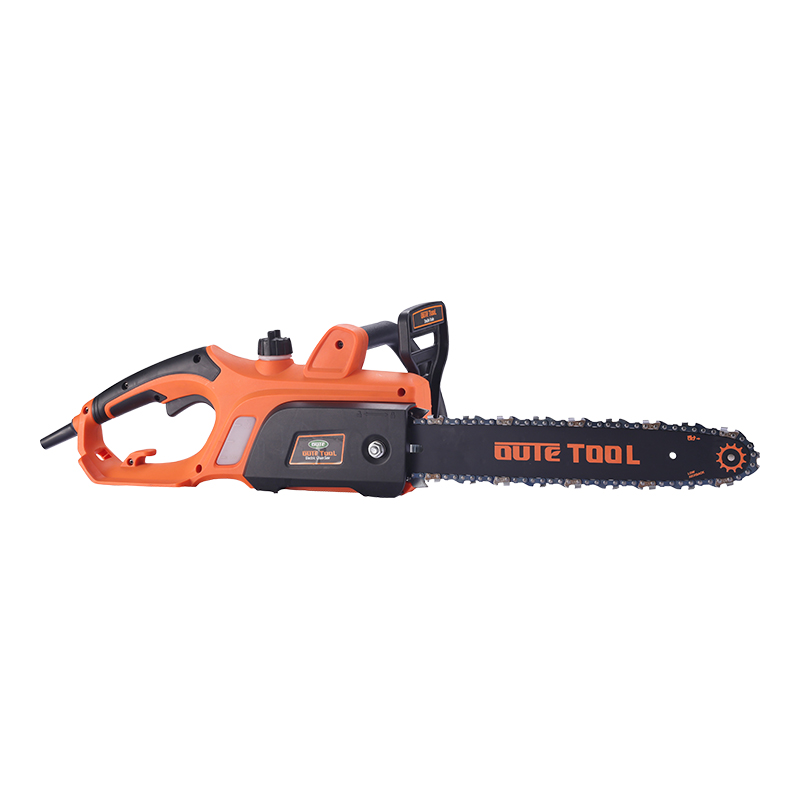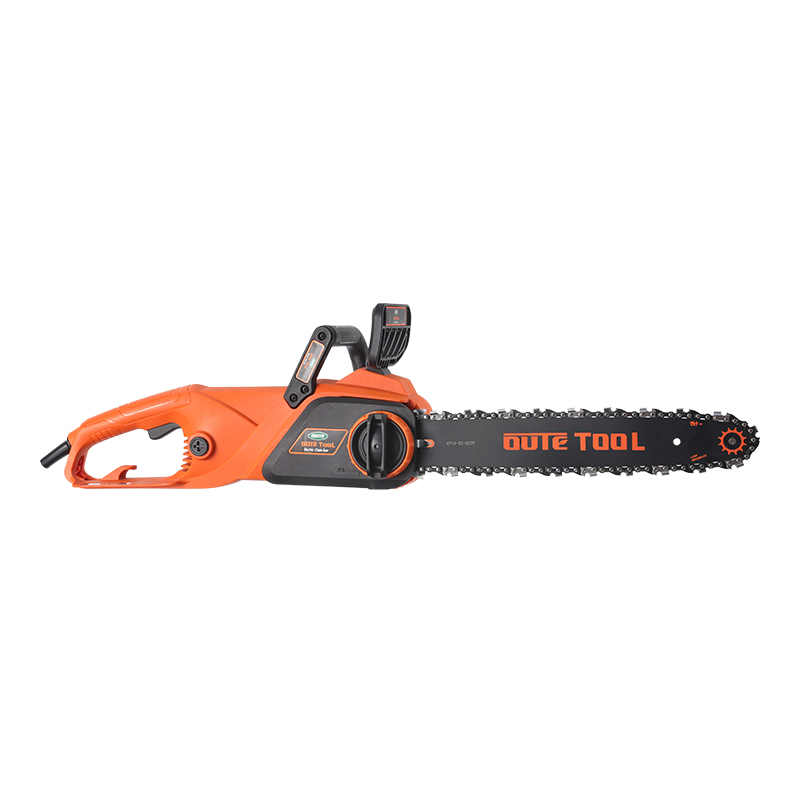In the ever-evolving world of horticulture, new outdoor garden tools are playing a pivotal role in advancing sustainability. As gardeners and landscapers seek ways to reduce their environmental footprint, the latest innovations in garden tools offer practical solutions that align with eco-friendly principles. These advancements not only enhance gardening efficiency but also contribute to the broader movement towards sustainable living.
Modern outdoor garden tools are designed with a focus on minimizing environmental impact. One key area of innovation is the shift towards materials that are both durable and eco-conscious. For example, many new garden tools are crafted from recycled or sustainably sourced materials. Handles made from recycled plastic or bamboo, and blades produced from high-grade stainless steel or other long-lasting metals, help reduce the reliance on virgin resources and extend the lifespan of the tools. This shift not only reduces waste but also lessens the need for frequent replacements, which can have a significant environmental impact over time.
Energy efficiency is another area where new outdoor garden tools are making strides. Battery-operated tools, such as hedge trimmers, leaf blowers, and lawnmowers, have become increasingly popular. These tools offer the convenience of electric power without the emissions associated with gasoline engines. Advances in battery technology have led to more powerful and longer-lasting batteries, which means these tools can operate efficiently for extended periods without frequent recharging. By reducing dependence on fossil fuels, these new outdoor garden tools are helping to lower greenhouse gas emissions and promote cleaner air.
In addition to the materials and energy efficiency, the design of new outdoor garden tools emphasizes ergonomics and user comfort. Tools that are designed to reduce physical strain and improve ease of use can thereby a more enjoyable gardening experience. For instance, ergonomic handles and lightweight designs help prevent injuries and fatigue, making it easier for gardeners to work for longer periods without discomfort. This focus on user-friendly design not only enhances the gardening experience but also encourages more people to engage in sustainable gardening practices.

Water conservation is another crucial aspect where new outdoor garden tools are contributing to sustainability. Drip irrigation systems and advanced watering tools allow gardeners to apply water more efficiently, targeting the roots of plants directly and reducing water waste. These systems are designed to deliver the right amount of water at the right time, ensuring that plants receive adequate hydration while minimizing runoff and evaporation. By using these tools, gardeners can maintain healthy gardens while conserving precious water resources.
The integration of smart technology into outdoor garden tools is also promoting sustainability. Smart sensors and controllers can monitor soil moisture levels, weather conditions, and plant health, allowing gardeners to make informed decisions about watering, fertilization, and other aspects of garden maintenance. For example, smart irrigation systems can adjust watering schedules based on real-time weather data, ensuring that gardens receive the better amount of water without overuse. These technologies not only improve the efficiency of garden management but also contribute to the conservation of resources.
Moreover, many new outdoor garden tools are designed with modularity in mind. Tools that feature interchangeable parts or accessories can be adapted to various tasks, reducing the need for multiple specialized tools. This modular approach not only saves space but also reduces the overall environmental impact by minimizing the number of tools that need to be manufactured, transported, and disposed of. By choosing versatile tools that can be customized to suit different gardening needs, gardeners can further support sustainable practices.
The rise of sustainable outdoor garden tools also reflects a broader shift in consumer preferences. As awareness of environmental issues grows, more people are seeking products that align with their values. Manufacturers are responding to this demand by developing tools that meet high standards of environmental responsibility. This trend is evident in the increasing availability of eco-friendly garden tools in stores and online, as well as in the growing number of companies committed to sustainable practices in their production processes.
The positive impact of new outdoor garden tools extends beyond individual gardens. By adopting sustainable gardening practices and using eco-friendly tools, gardeners contribute to the health of their local ecosystems. Healthy gardens support biodiversity by providing habitats for pollinators, birds, and other wildlife. Additionally, well-maintained gardens can help improve air and soil quality, contributing to the overall well-being of the environment.
In conclusion, the latest innovations in outdoor garden tools are playing a crucial role in promoting sustainability. From the use of recycled and sustainable materials to advancements in energy efficiency, ergonomics, water conservation, smart technology, and modular design, these tools offer numerous benefits that align with eco-friendly principles. As gardeners and landscapers embrace these new tools, they are not only enhancing their gardening practices but also supporting a broader movement towards a more sustainable future. The continued development and adoption of these tools will be essential in addressing environmental challenges and fostering a healthier planet for future generations.







